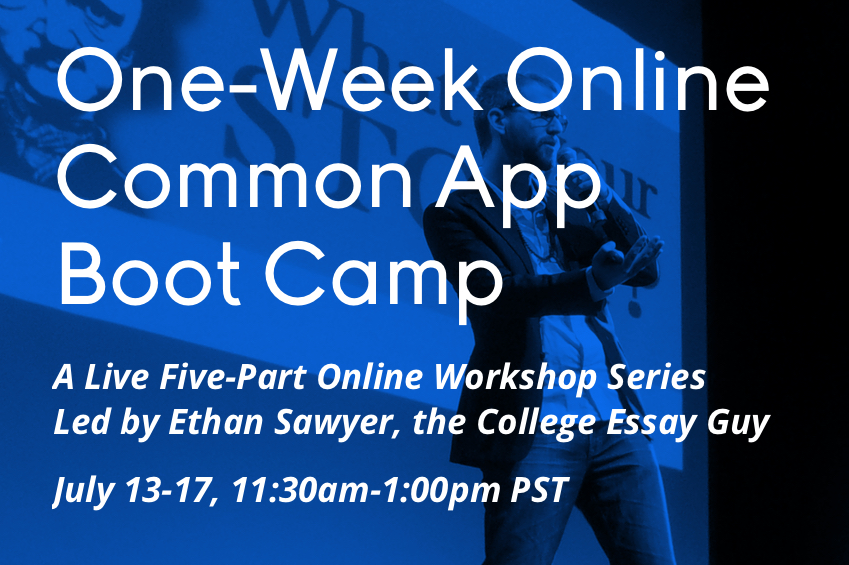Who wouldn’t like a dorm makeover? Those dorm rooms are small, cramped and devoid of any style. If your college student is heading to college in the fall, you can sign up for the College Savings Weekend at their nearest store, students will be entered to win one of ten $1,000 Dorm Room Makeovers! Don’t miss the Container Store’s Weekend event:
_____________________________
 At The Container Store, we’ve been helping college-bound students and their families prepare for the big move-in for almost 37 years now! We’ve also been hosting fun shopping events for over 20 years to help make the dorm prep process an easy A. No one focuses on dorm room organization like The Container Store does all year round – and especially during the summer months leading up to college move-in!!
At The Container Store, we’ve been helping college-bound students and their families prepare for the big move-in for almost 37 years now! We’ve also been hosting fun shopping events for over 20 years to help make the dorm prep process an easy A. No one focuses on dorm room organization like The Container Store does all year round – and especially during the summer months leading up to college move-in!!
This year we are SO excited to host a College Savings Weekend in our stores nationwide, Friday – Sunday, July 10 – 12, where college customers will receive 20% off their purchases ALL WEEKEND LONG! We will have surprises, prizes and great savings in stores for our college-bound customers and their friends all weekend! To sign up and to check out our expert dorm tips, checklists and more, students and their friends should visit our Dorm homepage at www.containerstore.com/college.
REGISTER BY JULY 8 TO RECEIVE ALL THE SPECIAL OFFERS
In addition to our shopping weekend, we offer many great tools, resources and services to help college-bound students and their parents stay organized with their college move. Our website features videos from real college students utilizing our products in their dorm room, an organized dorm checklist and our tried-and-true Dorm Room Basic Six™ – the six areas to focus on when organizing your dorm.
Also, we know many students will be traveling near and far for their first day of college this Fall. At The Container Store, we make it easy to shop and transport purchases to save space and time during the big move. No more worrying about fitting everything in the car in one trip! When customers use our GOSHOP! Service, they can shop at their favorite store or online and we’ll make sure their order is ready to pick up at a store near campus when it’s convenient for them! How cool is that?!








 Fireworks, family picnics, trips to the lake, the ocean and the pool. Who has time for scholarships? Summer is the PERFECT time for
Fireworks, family picnics, trips to the lake, the ocean and the pool. Who has time for scholarships? Summer is the PERFECT time for 
